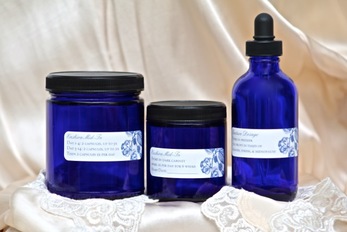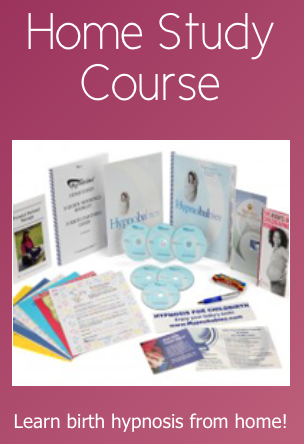| Anna Morgan, is a birth & postpartum doula, and one of our placenta encapsulation specialists. Anna (was originally trained through PBi (Placenta Benefits) and has additionally trained and obtained certification through the Association of Placenta Preparation Arts. Anna is the first APPA Certified Placenta Arts Specialist in the state of Tennessee. APPA placenta specialists adhere to certain standards and protocols when preparing placenta pills. Anna shares some options for Middle Tennessee families on where their placenta can be encapsulated. |
Encapsulation Location
Location options:
Your home or your encapsulator’s workspace, whether that be her personal home or a professional placenta kitchen. There are no laws in Tennessee regulating the location an independent encapsulator chooses in which to process. OSHA Bloodborne Pathogen Training for Placenta Encapsulators teaches how to properly clean and sanitize the workspace before beginning and after completion of the encapsulation process and how to adhere to universal precautions for safety and sanitation. For this reason, it is important for you to know the reputation of your encapsulator.
Encapsulating in the encapsulator’s workspace:
Pros: Your placenta is picked up within 24 hours, usually sooner, from your place of birth. Your only job is to be sure it is placed on ice or in a refrigerator within two hours of birth. Most encapsulation specialists are happy to take and send you photos of the process as they work and immediately after the process is completed at your request. Once the encapsulation is complete, it is returned to you. You do not have to make any plans or make sure your home and kitchen are clean and sanitized which per OSHA standards requires the use of chemical sanitation products.
Cons: Your placenta is out of your care. The concern some people have is that you cannot be certain that you are getting pills made from your placenta and that you cannot know for sure how your placenta was cared for when it was not in your care from start to finish.
Encapsulation in your own Home:
Pros: Your placenta is never our of your care or the care of a family member or friend. You have someone you know overseeing the process from start to finish. You can have your own pictures taken of the process and have the ability to visit with and get to know your encapsulation specialist while she works. This is also a great opportunity to learn more about encapsulation, the process, and it’s benefits. If you have a home birth or are home quickly following the birth you can see the process yourself if you choose.
Cons: You are responsible for arranging for someone to get your placenta to your home and keep it on ice or in the refrigerator until arrangements are made to meet the encapsulator at your home to begin the process. There should always be someone present when the encapsulator is in your home. Your kitchen must be thoroughly cleaned before the encapsulator arrives so she is able to properly sanitize and work with the most safety to you and your family, as well as to herself. You would be responsible to assure the dehydrator is never shut off during the encapsulation process as that can cause the placenta to be unfit to consume. Pets in the home must be considered and usually contained so there is no risk of contamination. The sounds and smells of the encapsulation are pleasant to some but disagreeable to others. Some consider these cons to be more inconvenient than negatives.

You, the new parent, and the care of your placenta are our highest priority!
-Anna
e-mail: [email protected]




 RSS Feed
RSS Feed
